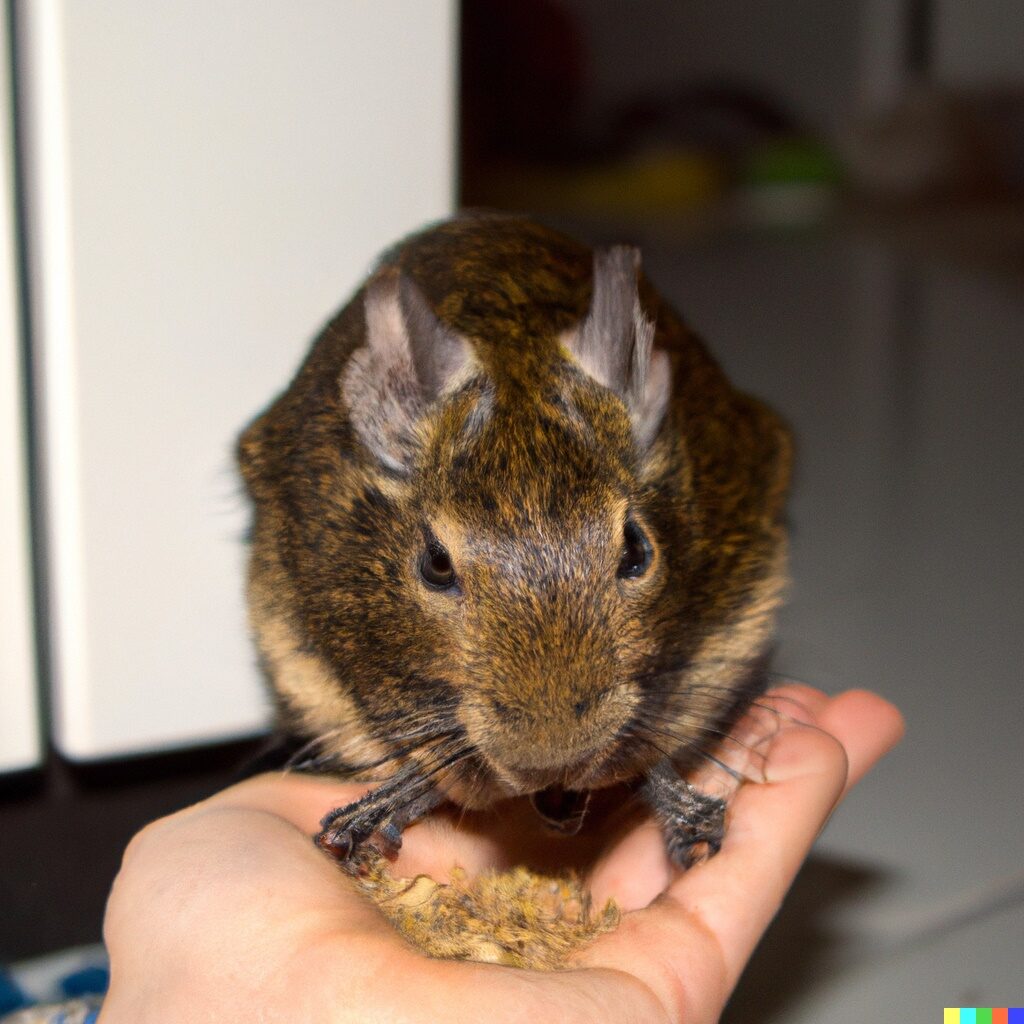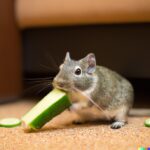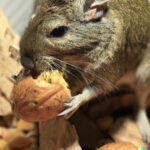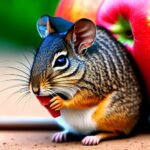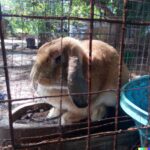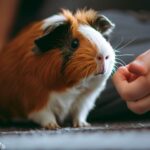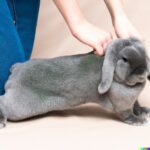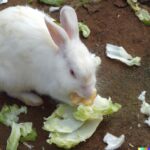Why Degus Make Great Pets.
Degus are an often overlooked and underrated pet, but they make fantastic companions for the right person. These little critters are social, intelligent, and fascinating to watch.
They have a unique personality that makes them stand out from other rodents like hamsters or guinea pigs. I will explore the world of degus as pets.
Definition of Degus.
Degus are small, diurnal rodents native to Chile. They are about the size of a large hamster but have a long tail and big ears. Their fur can range from grey-brown to dark brown with a lighter underbelly.
They have four toes on their front feet and five on their back feet. One of their most distinctive features is their teeth: they have open-rooted molars that grow continuously, which means they need things to chew on constantly.
Brief History of Degus as Pets.
Degus were first imported to the United States in the 1960s for laboratory research purposes because they share many genetic similarities with humans in terms of metabolism and endocrinology. However, it wasn’t until the late 1990s that degus became popular as pets in Europe and then later spread to North America. Despite being relatively new to the pet market, degus quickly gained popularity among animal lovers due to their unique traits and personalities.
Why Degus Make Great Pets.
Firstly, degus are highly social animals that require interaction with other degus or humans daily. This means they need more attention than other small pets like hamsters or gerbils but also makes them great pets for those looking for a companion animal.
Secondly, degus are intelligent creatures capable of learning tricks such as rolling over or coming when called. They also have a wide range of vocalizations that allow them to communicate with their owners and other degus.
Degus are fascinating to observe due to their natural curiosity and active behavior. They love to play and explore, making them perfect for owners who enjoy watching their pets in action.
Degus are a unique and underrated option as a pet. Whether you’re looking for a social companion or just something fascinating to observe, these little rodents are definitely worth considering.
General Information on Degus.
Size and Weight.
Degus are small rodents that belong to the Octodontidae family. They are similar in size to a guinea pig, but much slimmer and more elongated, with a length of around 8-10 inches.
Their tail alone is about 6 inches long, which makes up about a third of their total length. They generally weigh between 200 and 300 grams, making them slightly heavier than a hamster but lighter than a chinchilla.
Coat and Color.
Degus have short, soft fur that comes in shades of brown or gray. Their coat is quite dense, which helps them stay warm in their native habitat of Chile.
Interestingly enough, they also have an unusual adaptation for a desert living – their feet are covered in fur! This keeps their paws from getting too hot or cold on the rocky terrain they inhabit.
Lifespan.
Degus have a relatively long lifespan compared to other small rodents. They can live for up to 8 years if cared for properly. This makes them great companions for those who are looking for a long-term pet that they can really bond with.
Behavior and Temperament.
Social Nature.
One of the things that set degus apart from other small rodents is how social they are. In fact, degus need to be kept in pairs or groups to be happy and healthy! They thrive on social interaction with both humans and other degus – so if you’re considering getting one as a pet, plan on adopting at least two!
Intelligence and Trainability
Degus are highly intelligent animals that can learn tricks like coming when called or running through an obstacle course. They can even be trained to use a litter box!
However, they can also be stubborn at times and may not always do what you want them to. The key is to be patient and consistent in your training methods.
Communication.
Degus are very vocal animals that communicate with each other using a variety of sounds, including chirps, barks, and even purrs! They also communicate with body language – for example, when they’re happy or excited, they will wag their tails like dogs. As you get to know your degus better, you’ll start to recognize their different vocalizations and what they mean.
Housing Degus.
Cage Requirements.
Degus are active and social animals, so it’s essential to provide them with adequate space in their cage. The minimum recommended cage size for a pair of degus is 24 x 18 x 24 inches.
However, this is just the bare minimum, and a larger cage would be even better. A single degu should never be kept alone because they thrive on social interaction with other degus.
Size and Space Needs.
When choosing a cage for your degus, make sure there is ample space for them to move around, play and exercise. They love to climb, so it’s good to have levels in their cage or platforms where they can rest and observe their surroundings. A larger cage also means less stress between the two or more degus living together.
Bedding Options.
Degus are burrowing animals that like to hide away in safe areas that smell familiar to them. Suitable bedding options include aspen shavings, paper-based bedding products (like Carefresh), or fleece liners cut into strips will suffice.
Enrichment Activities: Toy options.
Providing your degu with plenty of toys will help keep them happy and healthy – both mentally and physically! There are many different types of toys available that will keep your pet entertained for hours on end.
a) Exercise Wheels: Degus love running on wheels but needs one which has no bars as their little feet can get caught up causing injury.
b) Chew Toys: As rodents, Degus constantly need to gnaw in order to wear down their constantly growing teeth. Provide plenty of wooden chew toys made from safe woods such as applewood or birch.
c) Hideouts: Degus love hiding away, so provide plenty of hidey-hole in their cage. You can purchase pre-made hideouts or make a DIY version from a cardboard box as long as it’s safe for your pets to chew on and isn’t toxic. Overall, creating an enriching environment for your degus to live in can be fun and easy with a little bit of creativity. Remember, the happier your degu is, the more social they will be with you – and who doesn’t want their furry little friend to be happy? So let them scamper around and enjoy making the perfect home for your furry buddies!
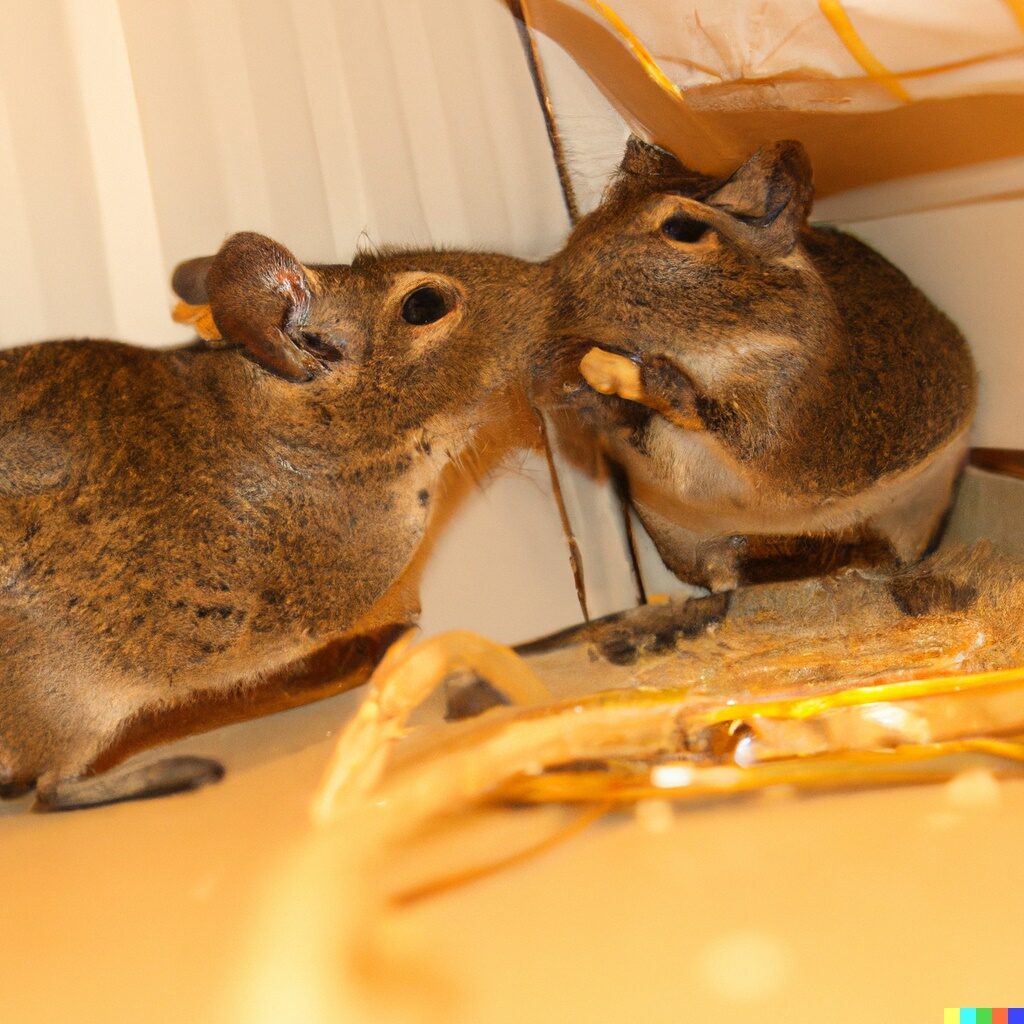
Degus Nutritional Requirements.
Degus are herbivores, which means they require a diet that is high in fiber and low in fat. It is important to provide them with a balanced diet that meets their specific nutritional needs. Feeding your degu a diet that is too high in fat can cause obesity, which can lead to serious health problems such as diabetes and heart disease.
Food Options for Degus.
Fresh Vegetables: Degus need fresh vegetables to supplement their diets. Vegetables like kale and spinach are excellent sources of vitamin C, which is important for maintaining healthy teeth and gums. Other vegetables like carrots and sweet potatoes are packed with beta-carotene, which helps keep fur shiny and skin healthy.
Pellets: Pellets should make up the bulk of your degu’s diet. Look for pellets that are specifically formulated for degus, as they will contain the right balance of nutrients your pet needs to stay healthy.
Avoid feeding your degu pellets designed for other rodents or small animals, as these may not meet their nutritional requirements. Hay: Hay is an essential component of a degu’s diet.
It provides fiber that aids digestion and keeps teeth healthy by grinding them down naturally as the animal chews on it. Timothy Hay should be made available at all times.
Degus Water Requirements
Degus need fresh water available at all times. Provide water in a bottle attached to the cage so they have access without getting it contaminated with food or bedding material. Check the water bottle daily to make sure it hasn’t become clogged or empty unexpectedly.
Remember that clean water contributes significantly to keeping your pet safe from bacteria and infections. Providing a balanced diet with fresh vegetables, quality pellets specifically designed for Degus’ nutritional needs, and hay to aid digestion and keep teeth worn down naturally alongside clean fresh water at all times will contribute to your degu’s overall health and wellness.
Health Concerns with Degus as Pets.
Degus Dental Problems: The Silent Killer.
One of the most common health problems in degus is dental issues. They have open-rooted teeth that grow continuously throughout their life. If they don’t have enough things to chew on, their teeth will become overgrown, leading to many complications.
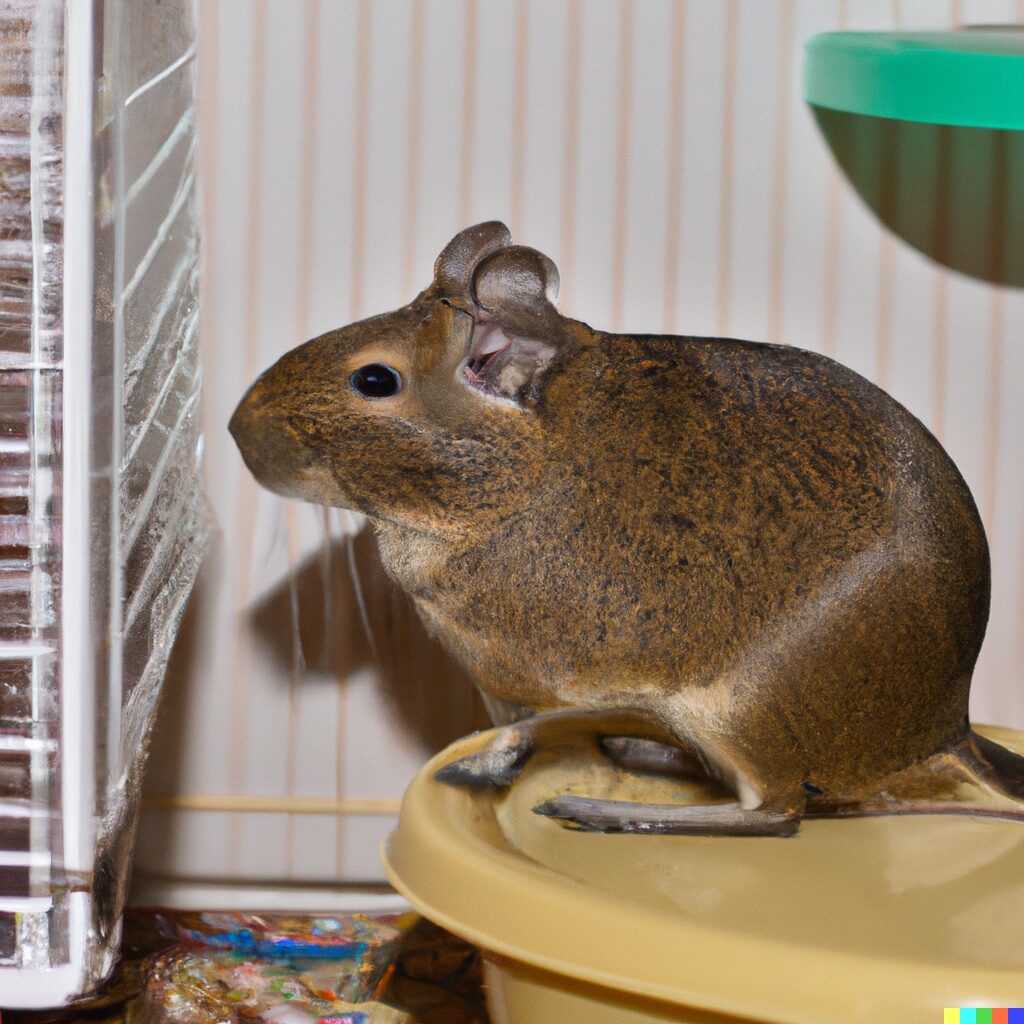
These complications include weight loss, difficulty eating, and sometimes even death. It’s important to take care of their teeth by providing them with plenty of chew toys and monitoring their eating habits.
Degus Skin Conditions: The Itchy Nightmare.
Degus can also be prone to skin conditions such as mites or fungal infections. Mites can cause itching and hair loss while fungal infections can cause scaly skin lesions.
If you notice any changes in your degu’s skin or fur, it’s important to address the issue promptly before it worsens. To prevent these issues, it’s crucial to keep your degu’s living environment clean and dry.
Degus Obesity: Too Many Treats.
Another common health problem in degus is obesity. As cute as they are when they beg for treats, giving them too many can lead to serious health problems such as diabetes or fatty liver disease.
Degus are susceptible to diabetes and should not be fed sugary foods like fruit or yogurt drops. Instead, treats like hay cubes or fresh veggies should be given sparingly.
Conclusion.
While owning a degu can come with its fair share of challenges regarding health concerns, these little critters are still wonderful pets that are worth taking care of properly. By providing proper nutrition, hygiene practices, and keeping an eye on dental care one could easily avoid any related illness in the long run. No pet is perfect but by taking every precaution possible by educating ourselves on how best we could take care of our pets, we maximize the chance of providing optimal health and happiness for our pets.
FAQs on Degus as pets.
Are degus good pets for children?
Degus can make great pets for children, but they may not be the best choice for very young children. Degus are delicate animals and require gentle handling, so children should be supervised when handling them. Additionally, degus are social animals and do best when kept in pairs or small groups, so it’s important to ensure that children understand the responsibility of caring for multiple pets.
Can Degus be trained to do tricks?
Degus can be trained to do certain behaviors, such as coming when called or using a litter box. However, it’s important to approach training slowly and gently and to work on building trust with your degu first. Treat-based training can be effective for degus, as they respond well to positive reinforcement.
What should I do if my degu seems sick?
If you notice any signs of illness or discomfort in your degu, such as lethargy, loss of appetite, or unusual behavior, it’s important to seek veterinary care right away. Degus are prone to certain health problems, such as dental issues and diabetes, so it’s important to monitor their health closely and seek treatment as soon as possible.
How often should I clean my degu’s cage?
Degus are clean animals, but their cages should be cleaned regularly to prevent the buildup of bacteria and ammonia. The cage should be spot-cleaned daily to remove any waste or soiled bedding, and the bedding should be completely changed once a week. The cage should also be thoroughly cleaned and disinfected once a month.
Do degus need to be kept in pairs?
Degus are social animals and do best when kept in pairs or small groups. They are very social and enjoy spending time with other degus, and can become lonely and depressed if kept alone. If you are considering getting a degu as a pet, it’s important to plan to keep them with at least one other degu to ensure their social needs are met.
